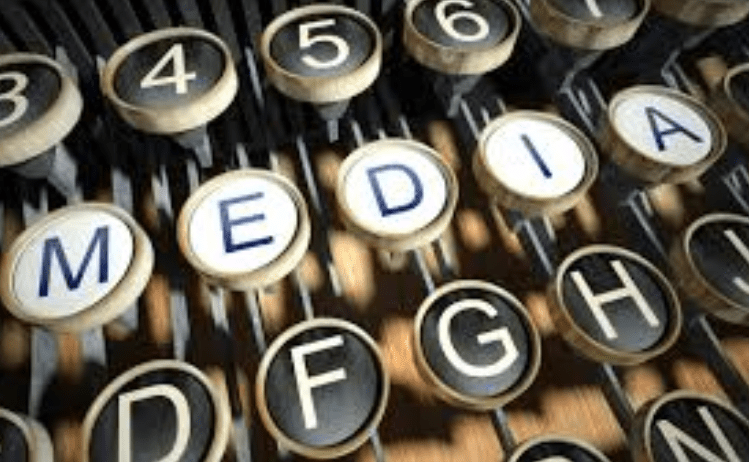
The outbreak of the coronavirus, which has brought to a stop “normal” life as we know it, has created more questions than answers.
By Carolyne M Lunga
There is a lot of information in circulation and mainstream media narratives are competing with those being shared on platforms such as Twitter and Facebook.
Last week’s article entitled Investigative journalists should dig deeper into COVID-19 in the NewsDay described a situation in which most coverage across the world is centred around daily press briefings, as governments provide daily updates on what they are doing to fight the pandemic.
It argued that investigative journalists need to interrogate issues more in depth to enable ordinary citizens to understand what is going on.
It also highlighted that through collaborating, the media could do a better job in verifying the information they have and telling data driven stories.
This is not to discount efforts done by some media locally and globally which have provided in-depth analyses on the coronavirus’ effects on livelihoods, the global economy, international relations among others.
The mystery surrounding the outbreak of the coronavirus at Huanan Seafood Wholesale Market in Wuhan in the Hubei province of China, has not been deeply investigated.
- Chamisa under fire over US$120K donation
- Mavhunga puts DeMbare into Chibuku quarterfinals
- Pension funds bet on Cabora Bassa oilfields
- Councils defy govt fire tender directive
Keep Reading
This is because in order to find a solution to a problem, it is important to understand its origins.
The social media grapevine is full of stories on how the virus started in the bats or pangolins in Wuhan and how it quickly transmitted to human beings.
There have also been reports that China has claimed that the US army infected Wuhan with the virus, while the latter has said that none of the army members tested positive to COVID-19.
President Donald Trump has been shown in various global media calling the coronavirus, the Chinese virus, claiming that it originated from there.
It has also been noted in some media how the Chinese officials suppressed information surrounding the virus including punishing doctors who raised the alarm about it, morbidity, death rate, etc.
As numbers of deaths of people testing positive continue to increase, the media can probe and help to shed more light on the coronavirus.
It cannot be enough for the media to tell people to wash hands, a practice many have been doing since childhood.
Also reporting about companies and universities producing sanitisers and masks without going deeper into this pandemic that has restructured society resulting in job losses and an imminent economic crisis is not very useful.
Health and investigative journalists and other experts can work together to help citizens understand what happens when the virus gets into one’s body which results in a sore throat, fever, persistent cough and body aches.
More light needs to be shed on how symptoms are different for those who recover, end up in the intensive care unit (ICU) or die and how long it takes for one to move from mild to serious.
The reliability of tests, since different nations are using different methods and with different results, also needs deeper interrogation.
The huge role played by frontline workers has not gone unnoticed in mainstream media.
But more about what they are going through, the stress, what it takes to wear protective clothing (the training and discomfort/pain) and its effects and infections needs wider coverage for society to understand why they should stay at home to avoid collapsing the health systems and prevent further losses of life.
Stories also need to be told from the viewpoints of their families.
Information on how many doctors and nurses have been infected need not be downplayed as they are risking their lives in the fight against this pandemic.
A more diversified approach to the pandemic can assist citizens to not take it lightly as some media reports claim.
Sensational reporting centred around how citizens are paying tithes via mobile money and internet banking or how a particular musician failed to launch a new album because COVID-19 will not help society to fight the disease.
The same goes for stories on individuals fighting over tissue paper in supermarkets among other examples.
The media’s role goes further than that and it is very vital that they infiltrate deeper into this invisible enemy especially in a landscape in which fake news algorithms are spreading more and more false information.
Carolyne M. Lunga is a PhD researcher











